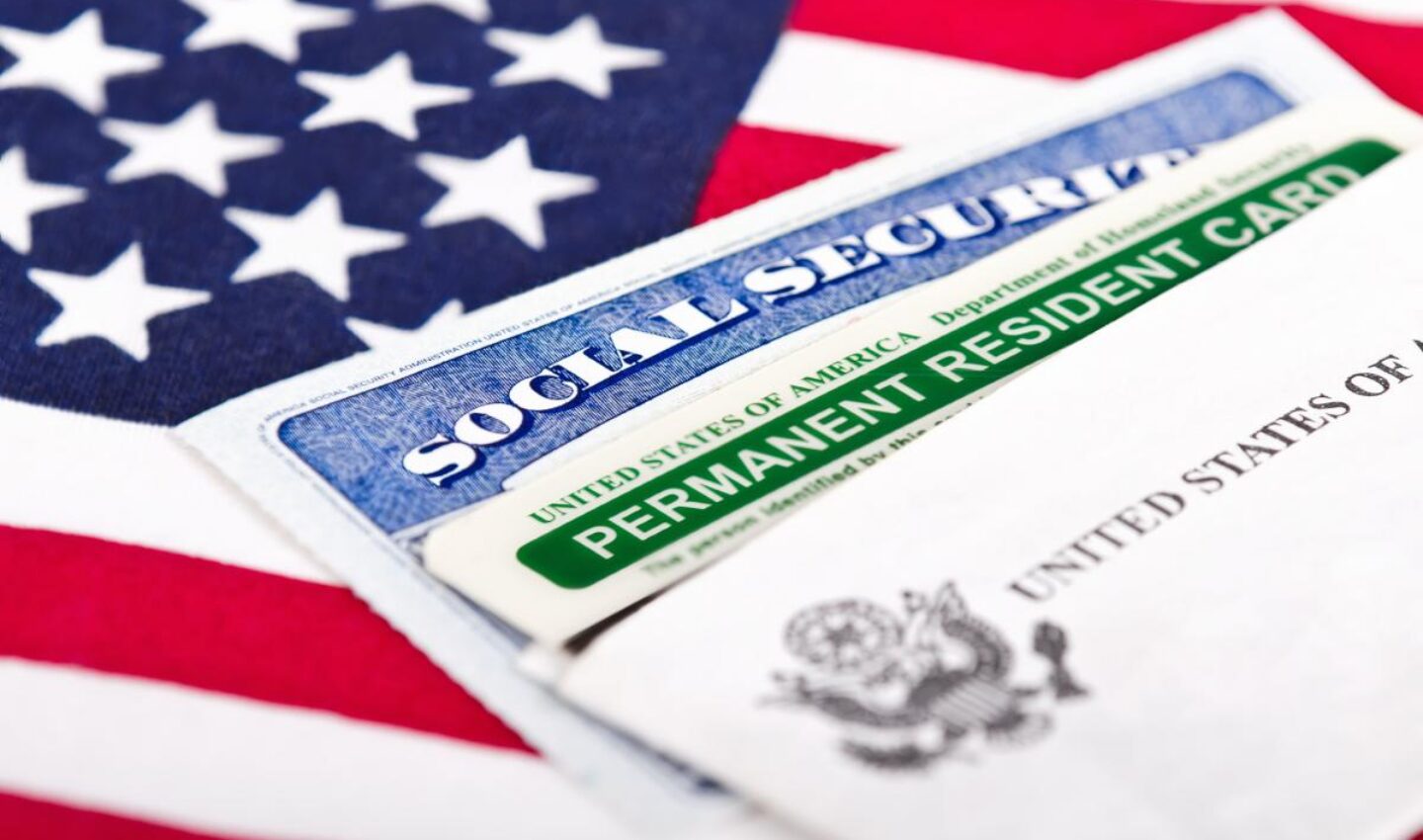Immigration is one of the most contentious issues in the national political arena. The executive branch of the federal government has been more active in pursuing policies in this area than Congress; a recent foray is a proposed update to the Public Charge Rule from the Department of Homeland Security.
Current immigration law provides that a person who is likely to become a “public charge” is inadmissible to the United States or, if already present, ineligible to obtain permanent resident status (a “green card”). Under current practice, definition of public charge extends only to the receipt of public cash assistance for income maintenance or institutionalization for long-term care at government expense. The proposed Public Charge Rule would expand the public benefit programs that can be considered to include the Supplemental Nutrition Assistance Program (SNAP), Medicaid and others.
This change will of course affect people directly subject to the proposed rule – noncitizens trying to become lawful permanent residents who use one of the public programs, for example. The potential also exists for a wider, indirect impact: noncitizens and their families, including citizen children, deciding not to participate in public benefit programs for which they are eligible, even though the rule may not apply them at all. This is called a “chilling effect” and it has been observed in the immigration context before, from the mid-1990s in the wake of welfare reform to communities in fear of deportation today.
In a new issue brief published by the Blue Cross Blue Shield of Massachusetts Foundation, we illustrate what a chilling effect could look like in Massachusetts. We looked at the population of noncitizens and their families in the Commonwealth who are below 125% of the Federal Poverty Level (FPL) and estimated that 10% to 35% of them could refrain from using a benefit program because of this chilling effect. This resulted in an estimated range of 22,000 to more than 77,300 noncitizens and family members, including citizen children, who could be dissuaded from participating in a public benefit.
The chilling effect will be felt most directly when it comes to SNAP and MassHealth (Massachusetts’ Medicaid program), two major means-tested public benefit programs that are not currently considered for public charge purposes. Both programs have documented positive effects on the health of their participants and on their larger communities, both in terms of public health and fiscal health, and any reduction in participation would leave both participants and communities worse off. This is particularly true for MassHealth, which has an upper participation limit of 300% FPL; a chilling effect could result in approximately 51,000 to 179,000 participants declining to participate.
The chilling effect would also indirectly affect health care in the Commonwealth through its workforce, where approximately 40% of direct care workers rely on some form of public assistance. There already is a need for more direct care workers, a need that is increasingly filled by immigrants, and if a chilling effect makes them fearful of accessing benefits and, in turn, makes them wary of working in this field or unable to do so, it will not just make their health worse; it could negatively impact the care of anyone who needs direct care in Massachusetts.
Among these population-wide effects, the impact that the proposed rule and any resulting chilling effect could have on children is especially important to highlight. Programs like SNAP and MassHealth are particularly important for children because they support healthy development in childhood and set the stage for better health outcomes well into adulthood. In addition to that, though, is the issue of toxic stress, which is increasingly understood to have a real impact on long-term physical and mental health. Our understanding of toxic stress is still in its infancy, but distress among children caused by immigration policies, through a direct impact like an adverse immigration determination, an indirect impact due to the chilling effect, or a general climate of fear in an immigrant community, can reverberate throughout their lives, leading to physical ailments, poorer performance in school and issues with emotional development.
The proposed Public Charge Rule is in its public comment phase until December 10, and it could change substantively before it is finalized. Any projection of the future is subject to innumerable variables, but this brief can provide a general sense of the practical reality of this rule for noncitizens and their families in the Massachusetts: there will be more people afraid of participating in programs that make them healthier and make our communities healthier, now and in the future.

